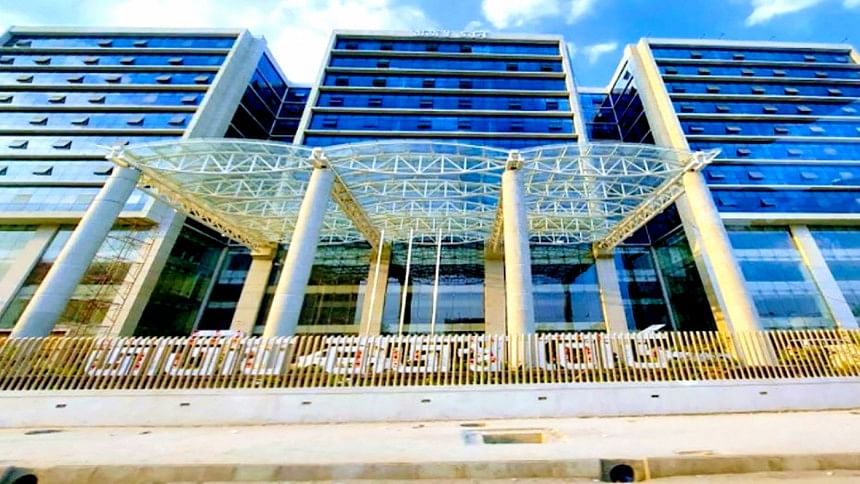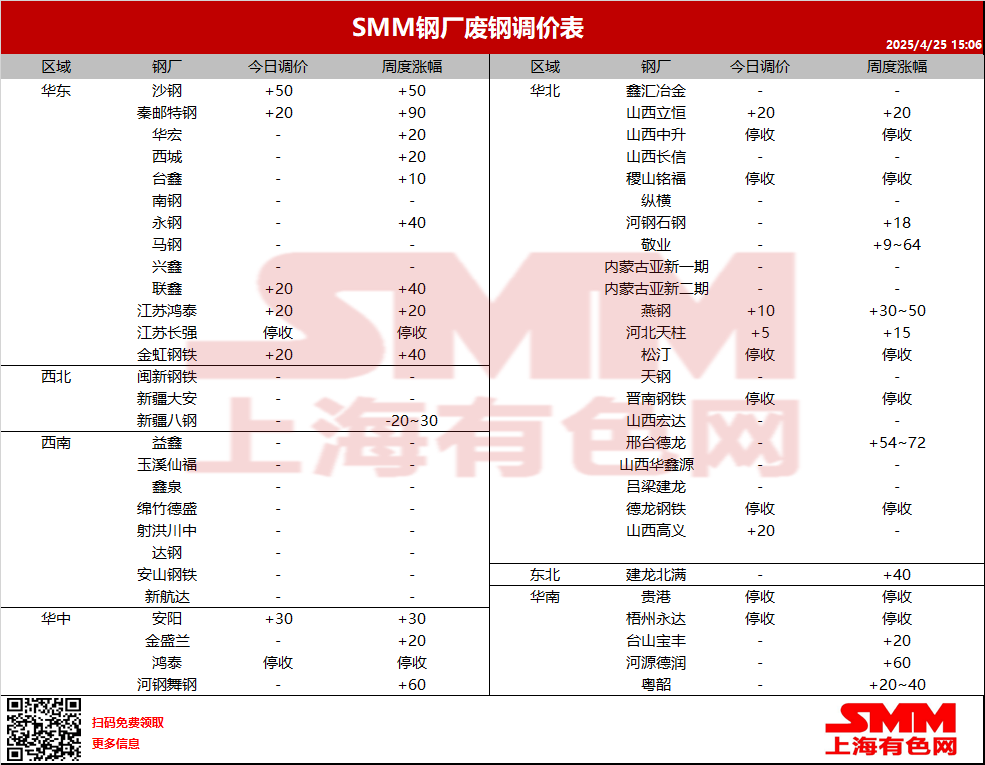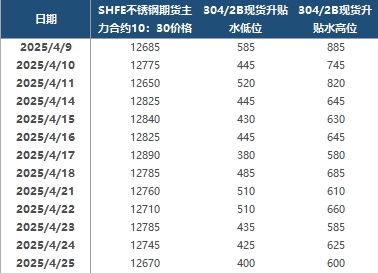Bangladesh's interim government has moved to restructure the country's tax system by creating two new divisions under the Ministry of Finance, a move aligned with recommendations from the International Monetary Fund. The changes are outlined in a draft ordinance known as the "State Policy and Revenue Management Ordinance, 2025." Once gazetted, the ordinance will dissolve the National Board of Revenue (NBR) and the Internal Resources Division.
In their place, the government will establish two new bodies: the Revenue Policy Division and the Revenue Management Division. The interim government, led by Nobel laureate Muhammad Yunus, aims to modernise tax governance and improve efficiency in revenue collection in order to raise Bangladesh's tax-to-GDP ratio, one of the lowest in Asia. According to the draft of the ordinance seen by The Daily Star, the Revenue Policy Division will be responsible for designing the country's tax policy framework, proposing tax laws, setting rates, and ensuring coordination on international tax treaties and trade-related levies.

The Revenue Management Division, on the other hand, will handle tax administration, compliance, audit, and enforcement across income tax, VAT, and customs. The restructuring follows years of criticism over overlapping functions and poor coordination within the NBR. It is also a key reform condition under Bangladesh's $4.
7 billion IMF loan programme, which calls for greater transparency and a clear separation of tax policy from tax administration. Since the NBR works with a revenue collection target, it inevitably ends up formulating policies more inclined towards achieving the target, which in many cases ignores the detrimental effects on taxpayers and businesses. The ordinance will also transfer all personnel to the new divisions.
A new advisory committee is proposed to oversee implementation and guide policy alignment between ministries. Bangladesh's interim government has moved to restructure the country's tax system by creating two new divisions under the Ministry of Finance, a move aligned with recommendations from the International Monetary Fund. The changes are outlined in a draft ordinance known as the "State Policy and Revenue Management Ordinance, 2025.
" Once gazetted, the ordinance will dissolve the National Board of Revenue (NBR) and the Internal Resources Division. In their place, the government will establish two new bodies: the Revenue Policy Division and the Revenue Management Division. The interim government, led by Nobel laureate Muhammad Yunus, aims to modernise tax governance and improve efficiency in revenue collection in order to raise Bangladesh's tax-to-GDP ratio, one of the lowest in Asia.
According to the draft of the ordinance seen by The Daily Star, the Revenue Policy Division will be responsible for designing the country's tax policy framework, proposing tax laws, setting rates, and ensuring coordination on international tax treaties and trade-related levies. The Revenue Management Division, on the other hand, will handle tax administration, compliance, audit, and enforcement across income tax, VAT, and customs. The restructuring follows years of criticism over overlapping functions and poor coordination within the NBR.
It is also a key reform condition under Bangladesh's $4.7 billion IMF loan programme, which calls for greater transparency and a clear separation of tax policy from tax administration. Since the NBR works with a revenue collection target, it inevitably ends up formulating policies more inclined towards achieving the target, which in many cases ignores the detrimental effects on taxpayers and businesses.
The ordinance will also transfer all personnel to the new divisions. A new advisory committee is proposed to oversee implementation and guide policy alignment between ministries..
Business

Bangladesh moves to split revenue authority with new ordinance

Bangladesh’s interim government has moved to restructure the country’s tax system by creating two new divisions under the Ministry of Finance, a move aligned with recommendations from the International Monetary Fund.














